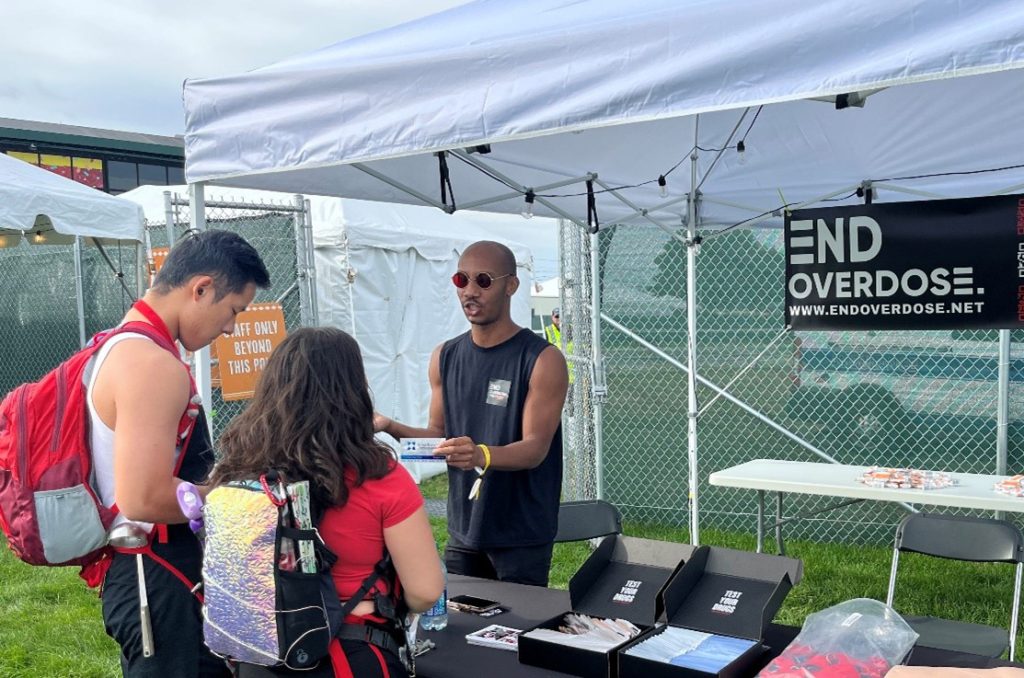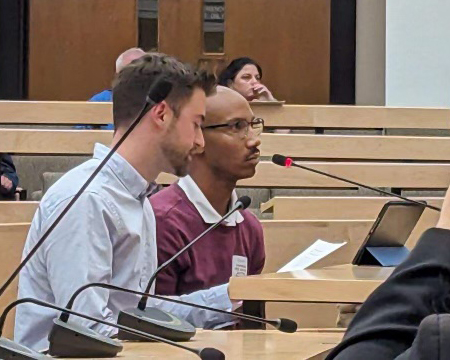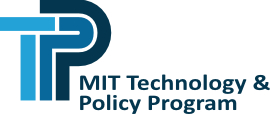
Ending overdose
Ben Lewis is a second year TPP student. He is a researcher in MIT’s Initiative on Combatting Systemic Racism (ICSR) and works in the Policing Lab. In his free time, Ben runs the Boston branch of an overdose prevention and response nonprofit called End Overdose. Drug policy reform is his passion, and his hope is that someday America will enact drug policy free of racial bias that properly addresses the most dire issue related to drug use: overdosing.
What is the focus of your research? What sort of knowledge and disciplines does it bring together? How will it make an impact?
My research focuses on American drug policy and its interactions with race. I’m currently building a dataset that contains information on when each state enacted laws legalizing or decriminalizing marijuana and other scheduled substances. I’ll later use this data set to find drug decriminalization’s racial impact on overdose rates and incarceration rates, bringing together data analysis and policy analysis skills.
Why did you choose to come to TPP?
I came to TPP specifically to be a part of the ICSR, an initiative which is ran through MIT’s Institute for Data Systems and Society (IDSS). I appreciated that TPP was one of the few programs in the nation that would allow me to use my statistical coding background to address issues of race and policy.
You recently spoke before the Massachusetts State House to advocate for overdose prevention centers. What were you specifically supporting and how did you get involved in this advocacy? Does it connect to your work at TPP?
A friend of mine in the Boston drug harm reduction community contacted me and asked if I’d speak on behalf of End Overdose Boston at the Massachusetts State House public hearing on overdose prevention centers (OPCs). I’ve always been in favor of public health policies that challenge the status quo in order to save lives, and OPCs do just that by providing clean and safe spaces for drug users to consume substances while in the presence of medical professionals. In the history of North American OPCs, no one consuming drugs at an OPC has died of an overdose. As the opioid overdose epidemic continues, we need innovative ways to combat substance use disorder and its associated risk of death. OPCs and other harm reduction measures are pushing the envelope by prioritizing compassion and care over stigma.

What are you working on with the ICSR Policing team? How has this project influenced your research?
My primary project with ICSR is building a criminal justice datahub from frontend to backend. This requires knowledge in database engineering and web app development, two concepts that I am eagerly learning as I work through building this datahub. This project has influenced my personal research because it reinforces the importance of having publicly available data in contexts of criminalization. My hope is that I can someday make my drug decriminalization dataset publicly available for other researchers to use.
What are your favorite things about MIT, Cambridge, and/or Boston?
My favorite thing about MIT is the diversity of thought. I appreciate the strong opinions students have on issues of education, policy, and technology. Also, Cambridge/Boston is honestly one of the nicest areas I’ve ever lived in. I’m never bored here, and have easily found community outside of the MIT community. I’m strongly considering staying here after graduation because I’ve fallen in love with this city so much.



